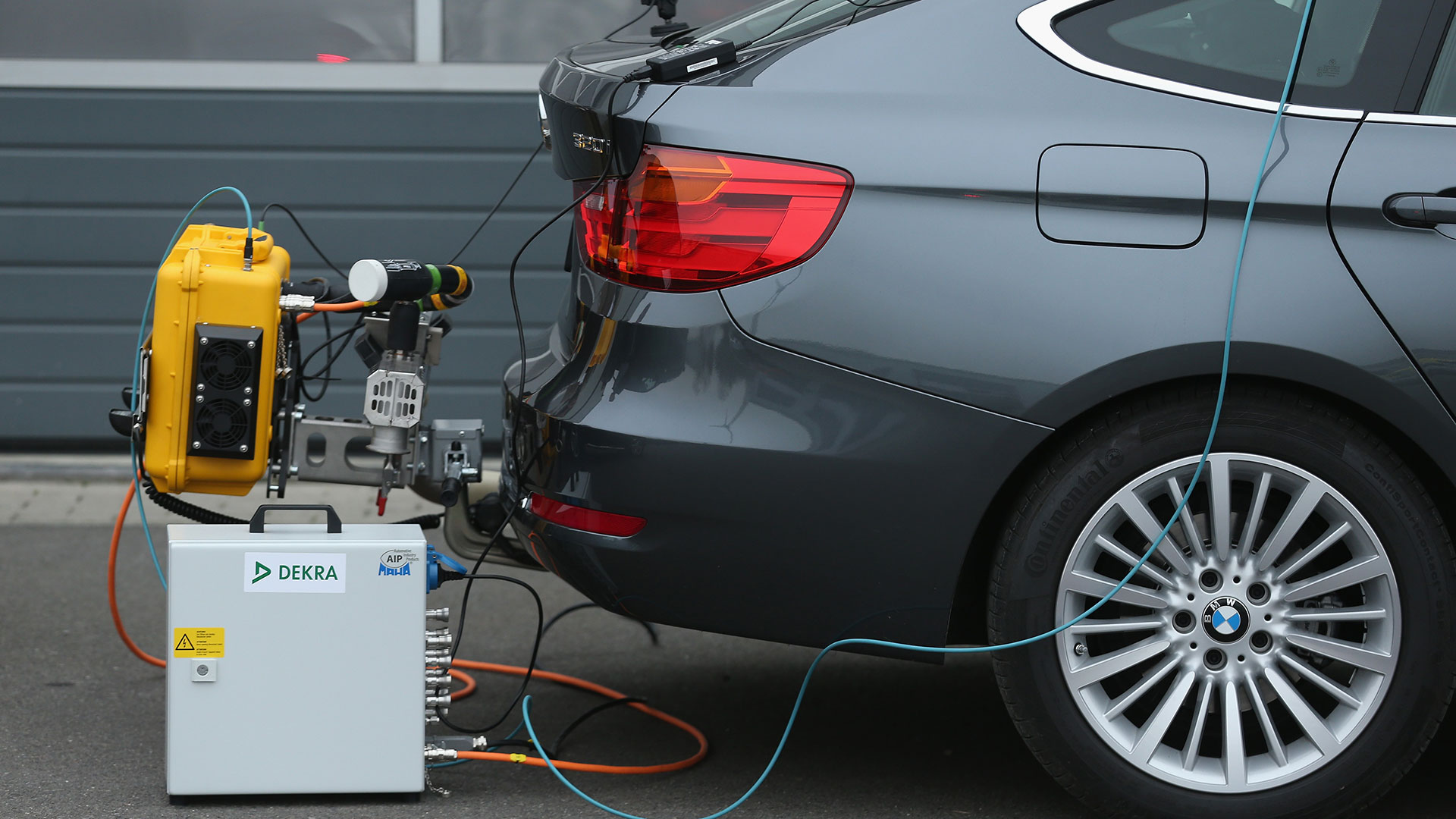

A fix may finally be on the way. Volkswagen and the California Air Resources Board, a.k.a. CARB, are about to begin testing equipment that could stop hundreds of thousands of diesel-powered cars from pumping out high levels of pollutants, according to the head of the California environmental agency.
Speaking with Reuters, CARB chairperson Mary Nichols said her organization is working in concert with VW A.G. to develop a cure for the roughly 475,000 affected cars in America powered by the 2.0-liter turbodiesel four-cylinder engine. If Volkswagen is able to develop a fix that meets Environmental Protection Agency and CARB approval, that would save it from having to buy back all the affected models.
According to Nichols, VW’s solution would be a combination of both hardware and software changes to the afflicted vehicles. The carmaker reportedly believes this pairing would reduce emissions such as nitrogen oxide to suitable levels, allowing all three generations of 2.0-liter diesel engines to stay on the road. It is not yet known if such a remedy would result in a loss of engine performance or fuel economy, but a fix implemented on similar models in Europe reportedly caused the improved vehicles to consume more diesel than they had before.
Volkswagen’s previous attempts to provide a repair for its afflicted diesels have been rejected by CARB. In January, the board described VW’s attempt at a fix as “far short of meeting the legal requirements,” while just last month, it shot down the carmaker’s suggested solution for excessive emissions from its 3.0-liter diesel V6 models.
Under the terms of the agreement between VW, CARB and the EPA that was given initial approval last month, Volkswagen would be on the hook to buy back all the afflicted 2.0-liter diesel cars at their pre-Dieselgate value if it is unable to devise a fix. Even if this remedy works, however, owners of affected 2.0-liter diesel models will still be able to choose between selling their cars back to VW or having them fixed—and either way, they could walk away with as much as an extra $10,000.